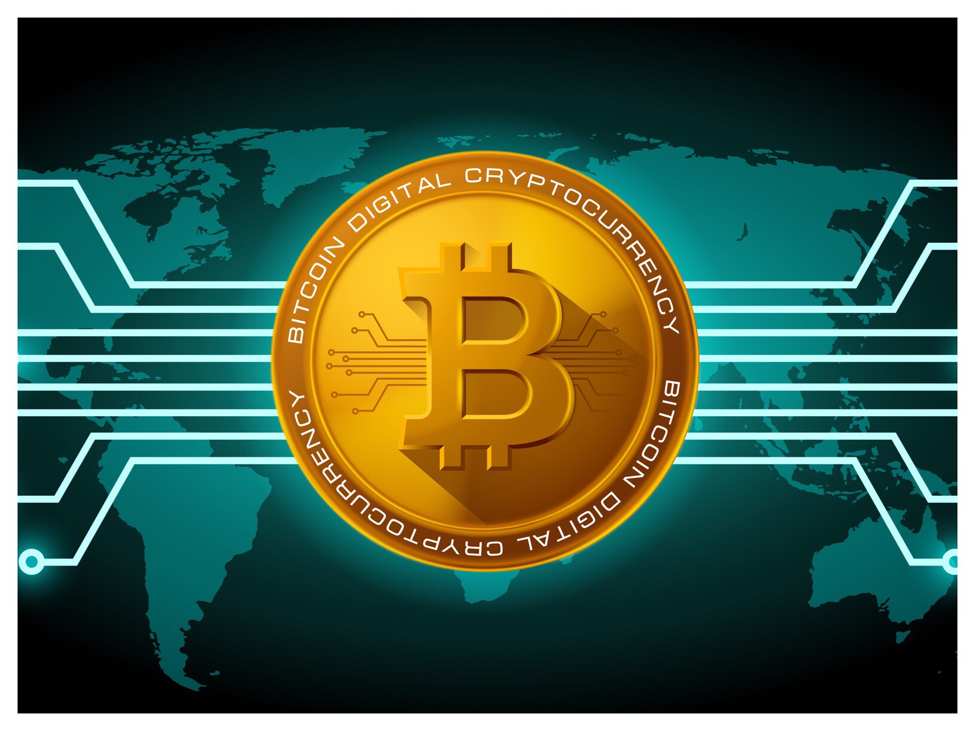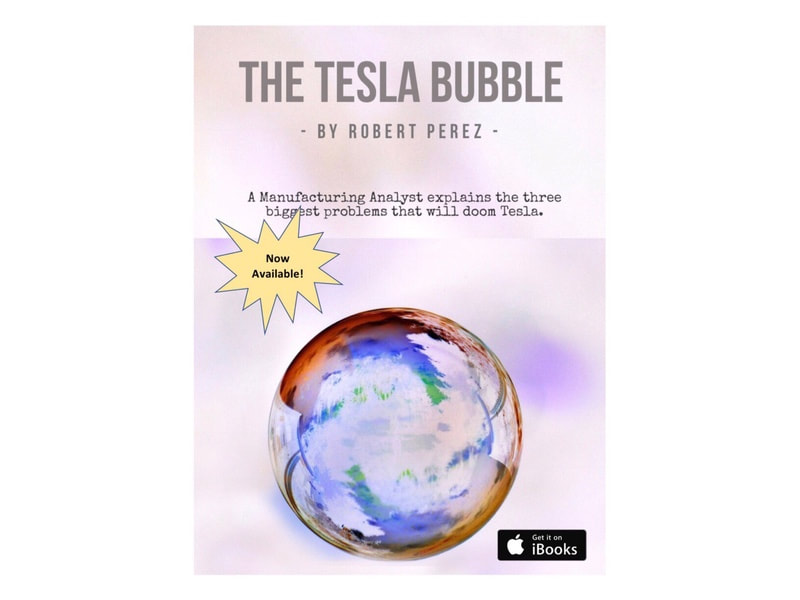Disrupting an Industry
The disruption that Amazon is foisting upon retailers is a great example of how technology is changing an industry but not necessarily society. Retail is all about getting merchandise from manufacturers to the end customer. If you want a new pair of shoes, you now have the option of ordering them online versus driving down the street to your local shoe store. This affords you a much greater selection, the tradeoff being a short wait time.
Catalog shopping has been around for decades, but it is advancements in data technology that is bringing down the wait time. And the shorter the delivery period, the more people are willing to get something online. Whether you order your new merchandise online or go to the store to buy it doesn’t really change YOUR life very much. But yes, it’ll wreak massive change within the retail industry. Some companies may go out of business and people will lose jobs, but other companies will grow and hire more people. Churn like this is normal, arising out of changing times.
Whether I drive down to Best Buy to pick up a new Bluetooth speaker or order one at Amazon doesn’t make much difference to me. I want a new speaker, and I could go either way.
Companies like Amazon and Tesla are in the business of moving pounds. They may be using AI or more sophisticated data management to move those pounds. But ultimately, they are only using this new technology to make an old business more efficient.
Changing Society
Technological advancements that transcend the industry and change society are fewer. But the movement of data seems to have a much greater impact on society than the movement of packages and people.
Mobile phones and the internet have allowed for the free movement of data at greater speeds than ever before. Companies are able to disseminate information to millions of people instantaneously. But it goes both ways. Companies are also able to gather data from millions of people in the blink of an eye. And now, people are even sharing this data amongst themselves to create instant cooperative efforts.
Bitcoin
The concept of Bitcoin fits my world view of a potential technological breakthrough that could truly change society. It is always quicker, cheaper, and easier to move data vs pounds. Even if Bitcoin does eventually collapse and fail, something like it will necessarily arise one day to take its place.
Why do I think that will happen? Because at its essence, currency is data. Money is what we in accounting call “fungible”, meaning that if you loan your friend $20, you aren’t expecting the exact same $20 bill back that you gave your friend. All $20 bills are interchangeable. They are physical representations of value.
Because moving gold is so difficult and slow, we’ve for the most part already transitioned to a form of digital currency. Governments hate the gold standard because it denies them a big economic lever. Central banks have adopted the practice of allowing the money supply to grow through the lowering of bank reserves. The increased money supply will stoke economic growth. This new money only exists in the bank ledger and can be a two-edged sword. Liberal banking policies can cause price inflation, and if they aren’t managed well, a crisis of bank insolvencies can ensue.
Gold won’t ever trigger inflation, because you can’t conjure gold up out of nothing. Either you own gold in a vault somewhere or you don’t. Bitcoin is like gold in one very important way. No one can increase the money supply by fiat because the blockchain technology employed makes it impossible for Bitcoin to be in two places at once. Bitcoin seems to enjoy the benefits of both being easy to transfer and hold and being impervious to currency manipulation. Bitcoin seems to be the first reasonable attempt I’ve heard of that seems to have the best of both worlds.
I’m not going to recommend that anyone invest in Bitcoin, because at this point it is still a risky bet. I’m more than pleased with the return on my investment thus far, but Bitcoin is a volatile instrument. It could be back to $0 in a day. There are a whole slew of reasons besides the fractional banking system that governments would probably like to kill Bitcoin. But I do think that something like Bitcoin is in our future.
The concept of Bitcoin seems to elevate currency into its final form of data. And if there is one hallmark of the 21st century, it is that the free movement of data is molding our society, like a riverbed cutting through rock.
Now available in iBooks —> The Tesla Bubble




 RSS Feed
RSS Feed